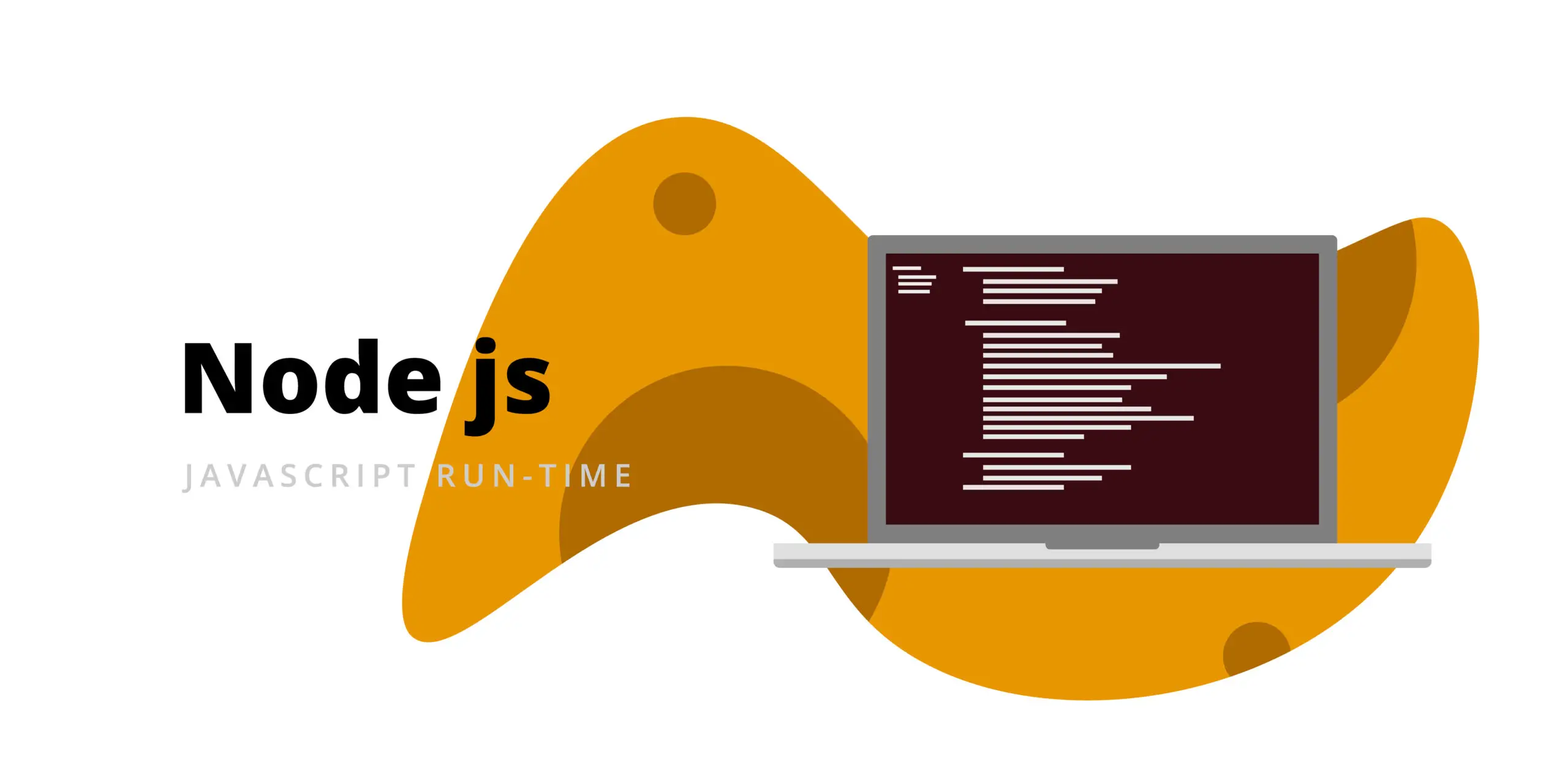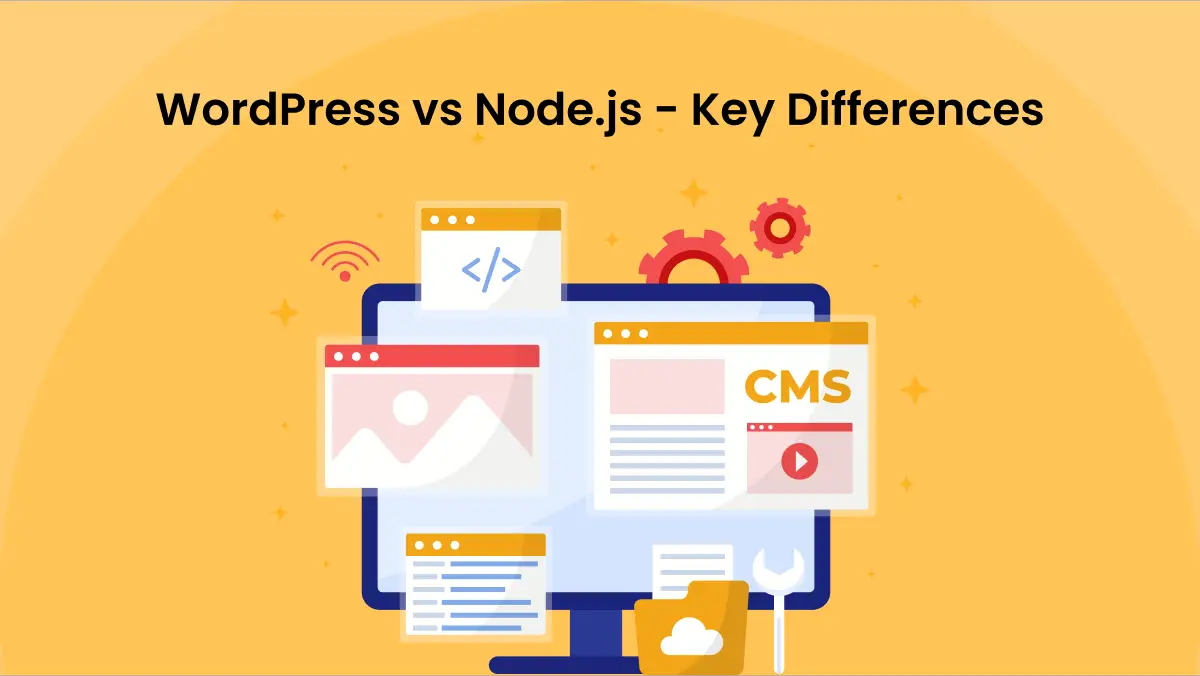Line25 is reader supported. At no cost to you a commission from sponsors may be earned when a purchase is made via links on the site. Learn more
In today’s featured post we will look at WordPress vs Node.js for building websites and their key differences. There is definitely a difference and consider learning the benefits of each before your next project.
Indeed, the fast pace of technological advancement is enabling exponential growth, thanks to the rapid expansion of many industries that are dependent on technology. As a result, the importance of having a website has become critical to your business. But which is the best website-building platform to create a unique and functional website?
Best Selling Themes of 2023!

Leading developers recommend both WordPress and Node.js. Undoubtedly, these are all-time favorites for web developers, web designers, and graphic designers.
Today, WordPress and Node.js are both popular and widely used technologies in the field of web development. In recent years, both platforms have gained importance and will firmly stand out in 2023 with numerous benefits.
Certainly creating blogs, and e-commerce sites by using plugins, and editorial content sites is what WordPress is commonly known for. However, Node.js is best for constructing complex web apps and server-side applications.
Here, you will learn more about each platform, its key differences, and which is best to use in 2023. By the end of this article, you will have a better sense of which technology is best for your web development needs.
What is WordPress?

WordPress is a content management system (CMS). Certainly, it is a very powerful tool with many blogs, content sites, news, and e-commerce sites developed on the platform. For developers, WordPress is most promising for both the back end and the front end of the website.
Some key features of WordPress:
- WordPress is easy to use and set up, with a user-friendly interface for creating and managing content.
- It supports thousands of plugins and themes for better customization, functionality, and appearance of your site.
- As mentioned, it is often used for creating content websites and blogs, however, WordPress is also used to create e-commerce sites, social networks, and other types of web applications.
- WordPress has an extensive community of users and developers.
What is Node.js?

Node.js is a cross-platform and open-source JavaScript framework for building and running applications. It’s lightweight, scalable, and helps execute code. It uses an event-driven model to make it efficient and make scalable network applications possible.
Key Features of Node.js:
- It is for building scalable network applications, especially for real-time web apps and APIs.
- Node.js permits developers to use JavaScript on both the client and server sides and makes it more comfortable to create complex applications.
- It provides a rich set of built-in modules and packages that make it easy to build web servers and network applications.
- It has a large and active community of developers, with libraries and modules available to expand its functionality.
WordPress vs Node.js – Key Differences
When it comes to building a website, WordPress.org, and Node.js pop into our minds. Although there are many in the market, these two are leaders. Even though both are used to create web applications, they differ in multiple ways, such as programming language, scalability, and more.
Let’s explore them one by one.
1. Programming Language
WordPress:
This CMS platform is written in PHP, the server-side scripting language widely used for creating dynamic web pages, while JavaScript is used for client-side scripting.
Node.js:
It is written in JavaScript. With Node.js, developers can use the same language for both client-side and server-side development, to build complicated web applications.
2. Scalability
WordPress:
WordPress becomes sluggish when handling a large number of requests, and it requires optimization to perform well. The platform is built using PHP, which is not as efficient as JavaScript at handling large volumes of data.
Node.js:
When the need for scalability and the ability to handle many data requests are needed, Node.js shines. It is ideal for building real-time applications and websites that require high performance. It is built on top of the V8 engine, which is used by Google Chrome to execute JavaScript code, and is fast and efficient.
3. Ease of Use
WordPress:
WordPress is known for its ease of use, and anyone can create a website without having any technical skills or learning to code. It has a simple and intuitive interface that allows users to create, edit, and publish content easily. WordPress also offers a vast library of free and premium themes that can be used to customize the look and feel of the website.
Node.js:
Node.js, requires a solid understanding of JavaScript and web development principles. It is not as user-friendly as WordPress and can be challenging for beginners to learn. Developers unfamiliar with JavaScript may find it challenging to get started with Node.js.
4. Beginner-friendly
WordPress:
Because it is easy to use, WordPress is beginner-friendly. Anyone can use it with ease and it is one of the best CMS platforms that provide countless tutorials, guides, and resources to get up and running fast. WordPress.org is simple to use. However, the templates and themes are not easy to customize without some web design or development understanding. Basic editing capability does exist for most themes.
Node.js:
It is a server-side JavaScript runtime environment that allows developers to write server-side code using JavaScript. While it does require knowledge of JavaScript to work with Node.js.
5. Content Creation
WordPress:
WordPress is suitable for content creation as its dashboard menu has a complete set-up to write and publish your new posts. The complete content creation experience on WordPress is quick and easy. You can write and publish new content to your WordPress site in just one go.
Node.js:
Node is advisable for complex and big projects and business websites with APIs. It’s tiresome work to set up the entire Node.js. But if you want to make an outstanding and unique site, then Node is the best.
6. Libraries and Frameworks
WordPress:
One of the vast libraries of WordPress contains a massive list of plugins that can be used to add various features and functionalities to a website. These plugins make it easy for developers to add new features to the website without writing code from scratch.
Node.js:
Node.js has a huge ecosystem of libraries and frameworks, including Express.js, Hapi.js, and Nest.js. These latest node js frameworks help developers effortlessly build quick and efficient web applications. Node.js also supports web development tools such as Webpack, Babel, and React.
7. Security
WordPress:
One of the major drawbacks of WordPress is its security. WordPress is a prime target for hackers, and vulnerabilities are often discovered in plugins and themes. However, WordPress often releases security updates and patches to address these issues.
Node.js:
It has a robust security system built into its architecture. The Node.js core team regularly releases security updates and patches to address any vulnerabilities.
WordPress Plugins that you must know
WordPress has over 50,000+ plugins, but selecting the best plugins can be very challenging.
So, here are some useful plugins that can minimize the process:
- Yoast SEO: The plugin helps you optimize your page and content for SEO. Thus, Yoast SEO has become an essential plugin for WordPress users.
- WooCommerce: Using this plugin you can turn your WordPress website into an e-commerce platform. Therefore, it becomes easy for customers to sell across the website seamlessly.
- Wordfence: The plugin guarantees the safety of your website. This will keep unsafe traffic and give security to your website.
Top Essential Node.js Tools for Use
Indeed, Node.js has various useful tools to help developers to create better websites and here are some of the tools:
- Meteor.js: Meteor.js is the tool that helps to move logical prototyping forward while delivering unmatched flexibility. The plugin’s in-built solution selects real-time communication between the server and the UI. It is a useful tool in Node.js and helps developers in every possible way.
- PM2: PM2 tool is for controlling the processes of Node.js applications. It has many features and a suitable interface, which makes it much more manageable.
- Express.js: It is a minimalistic framework. With this tool, it will help to simplify the process on the server side with Javascript.
Conclusion
In summary, Node.js and WordPress are and will be the most widely used platforms for web development in 2023. Both platforms have great offerings. However, WordPress has a great interface, and Node.js has the V8 engine with cross-platform compatibility, making it excellent for building scalable functions.
For simple websites and content management, WordPress is a great option. For real-time applications that require high performance, scalability, and efficiency, Node.js is the better choice.
But you don’t need to hire any developers for WordPress. However, you’ll need to have developers who have experience with Node.js to make your unique website, as Node.js is used for building complex websites.


As a WordPress user, I appreciate the ease of use and the vast plugin ecosystem it offers. It’s great to see that WordPress has improved its performance with caching plugins and optimized themes. However, I’m curious about Node.js and how it handles high traffic and concurrent requests